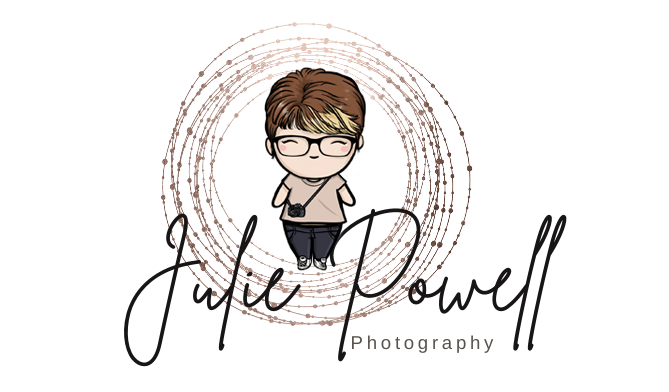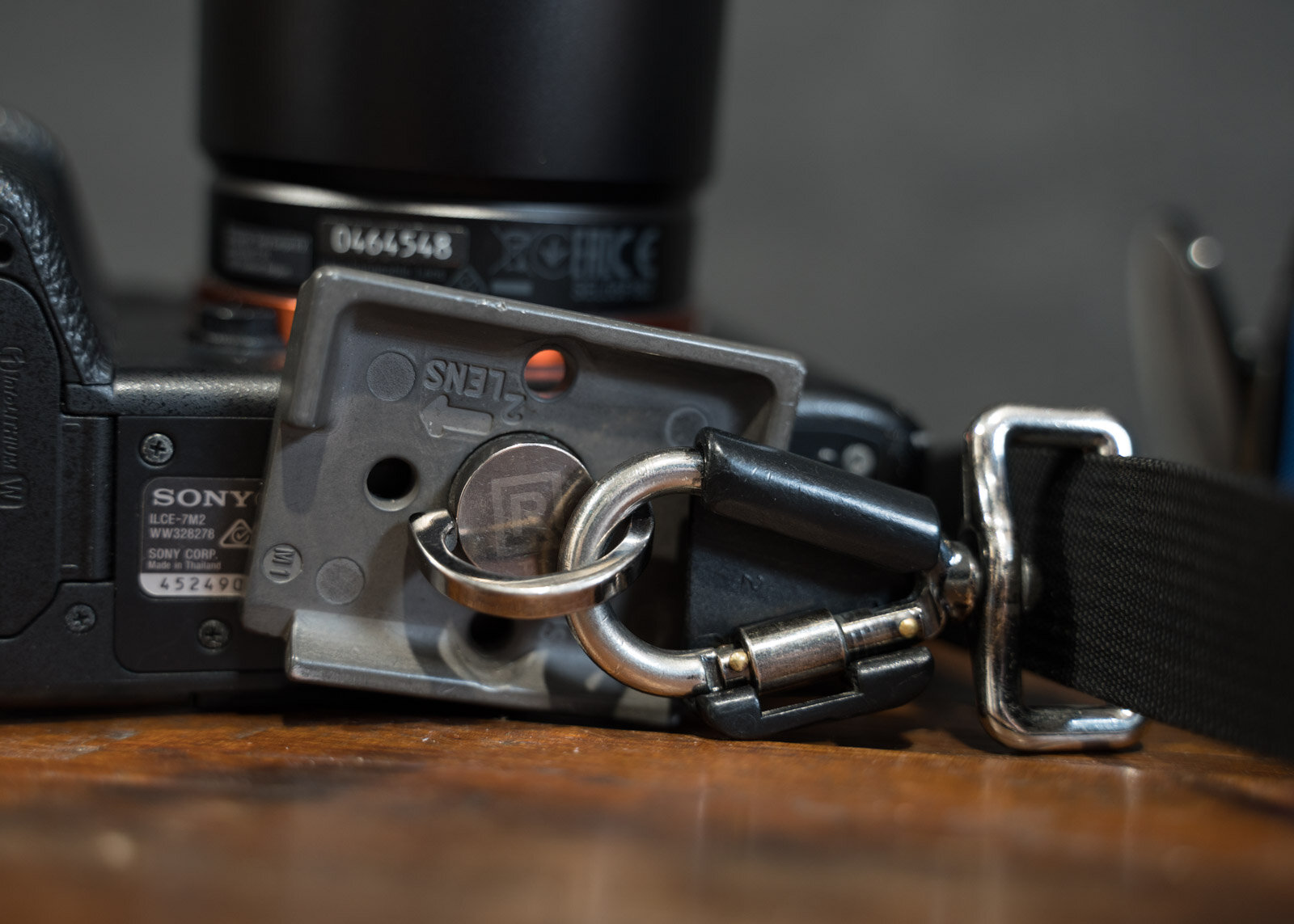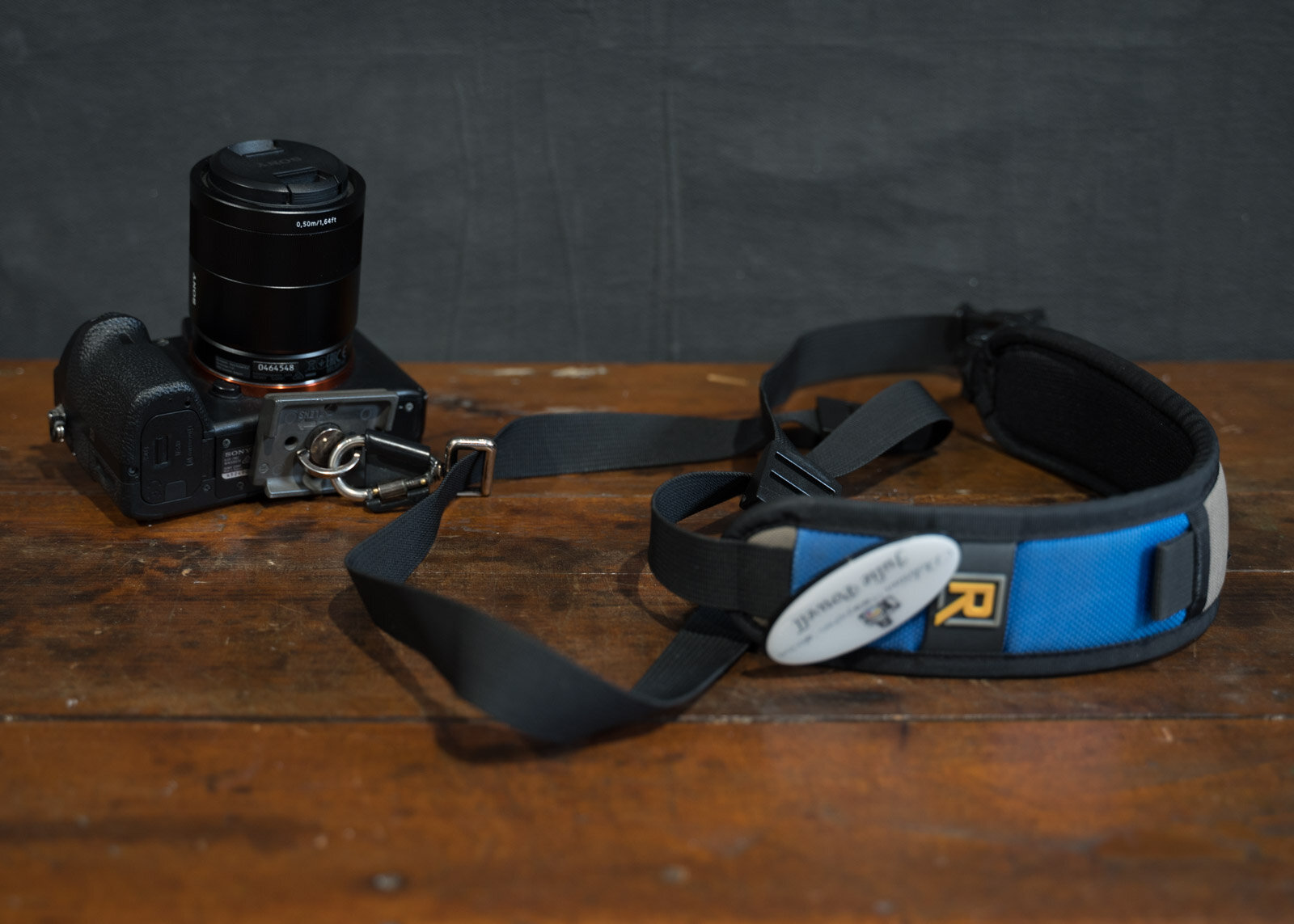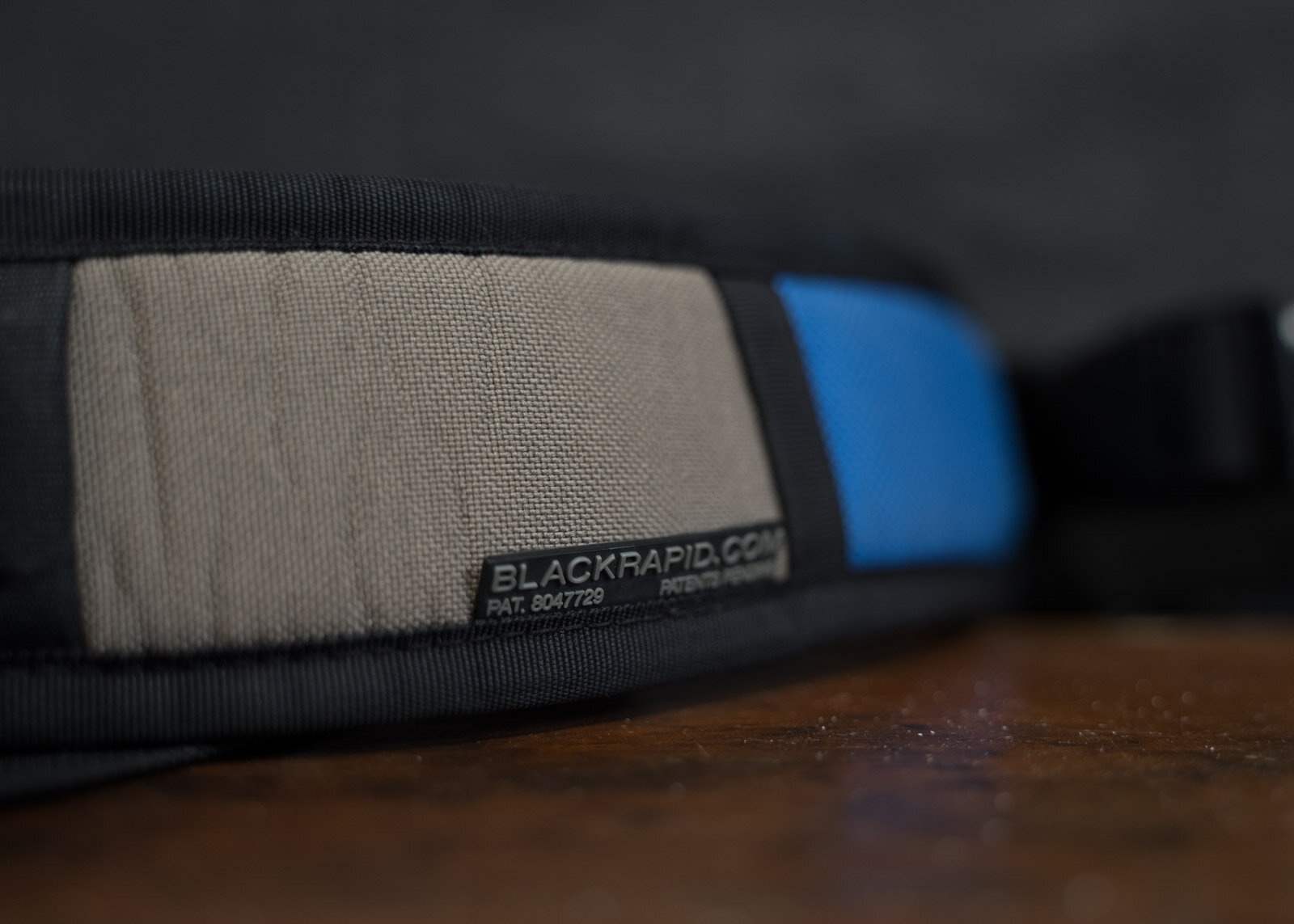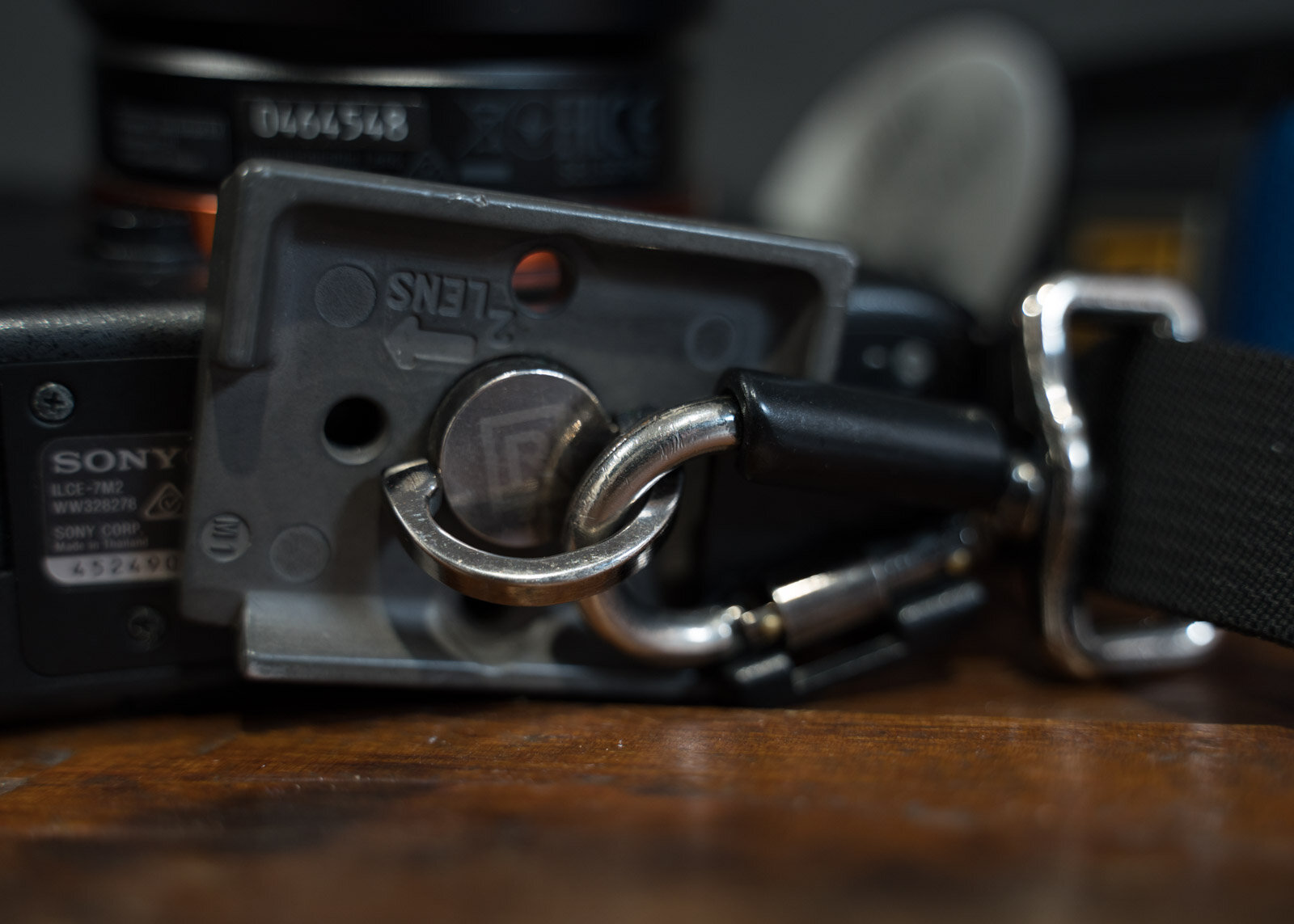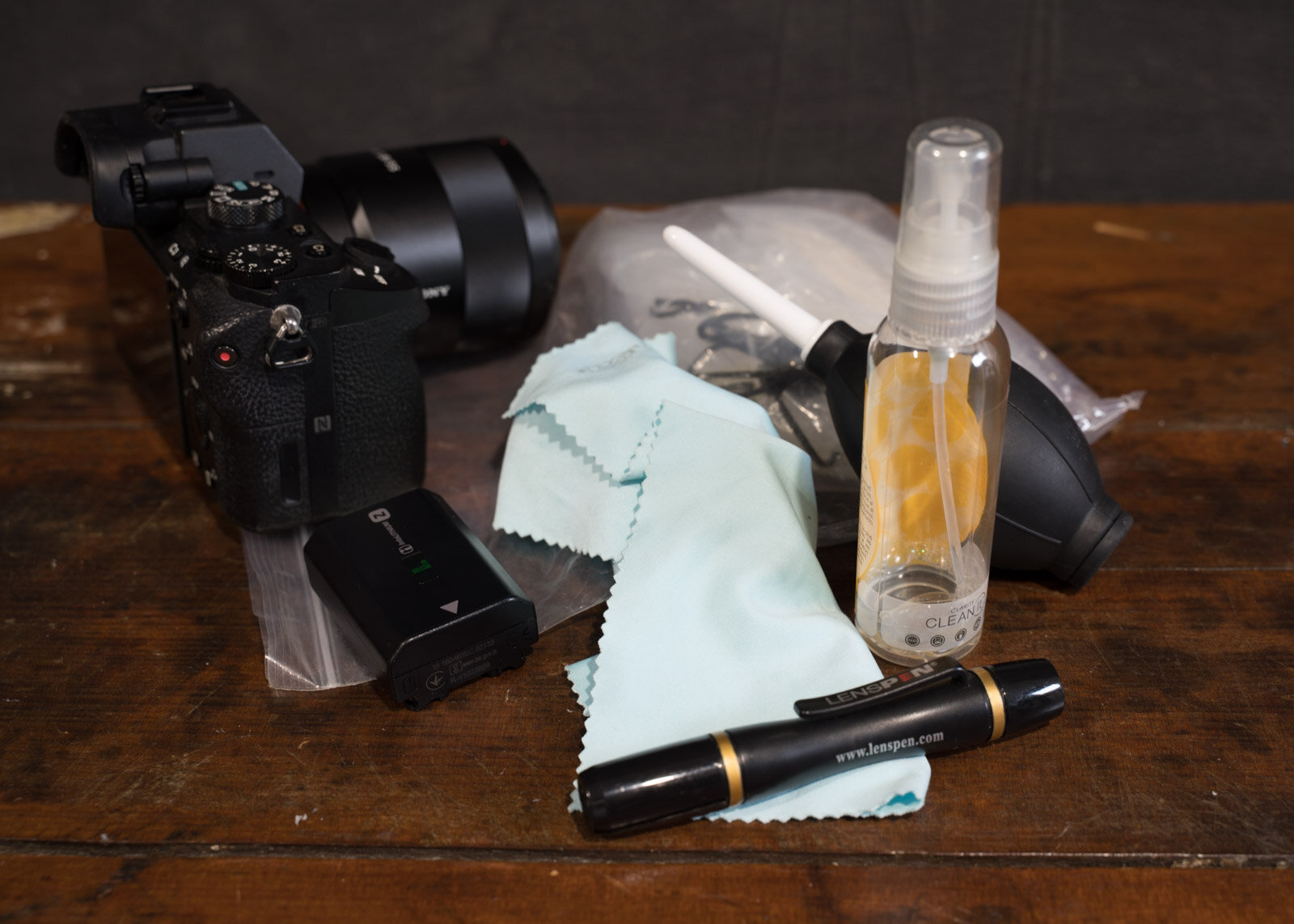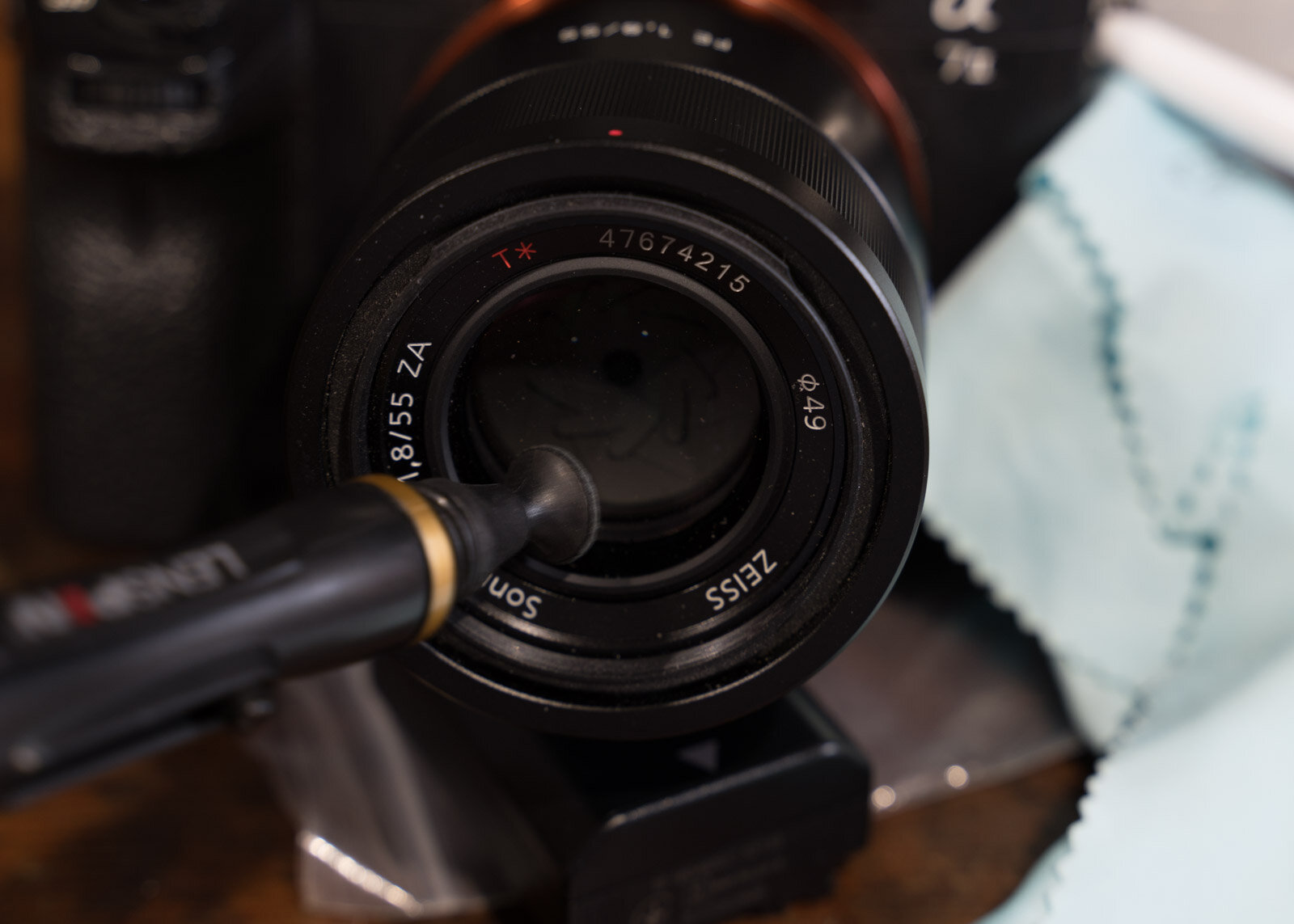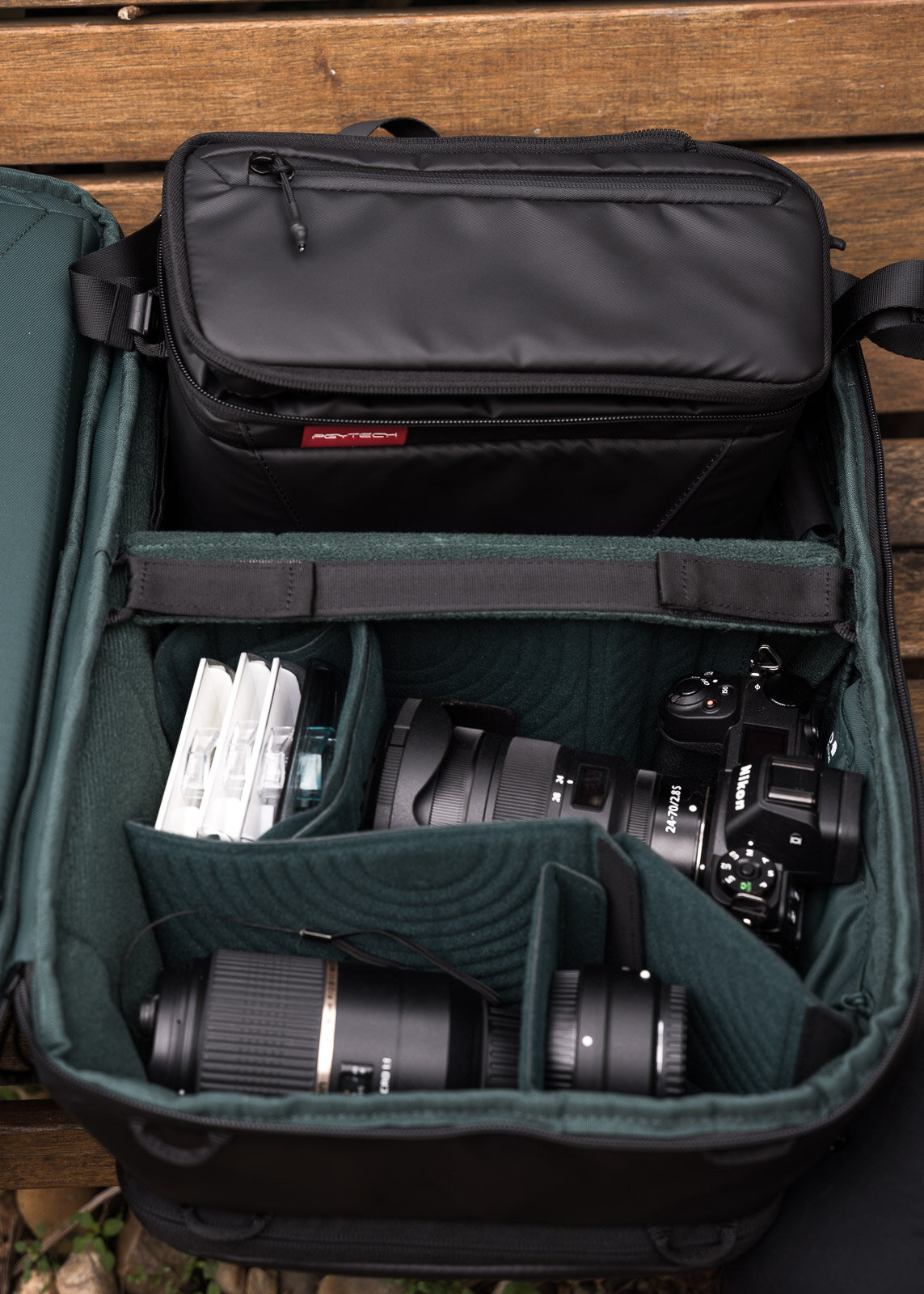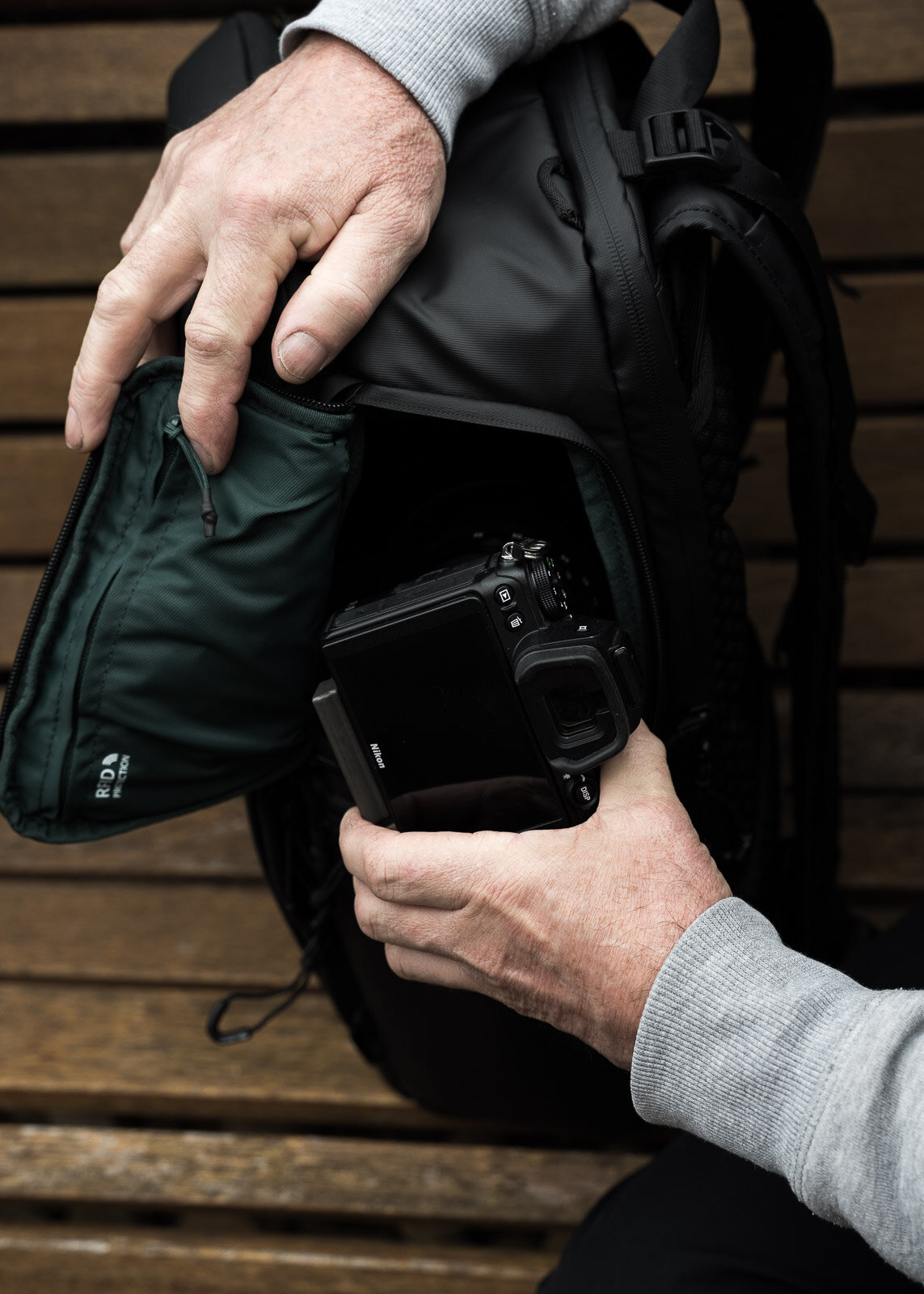The most helpful accessories for beginners
When we first get into photography, the temptation to want everything straight off the bat is very real. You may end up buying stuff you don’t really need and waste your money. Or you may compromise and buy stuff that just doesn’t last.
Ask anyone who has been into photography for a while and they will tell you what items they wished they never bought. So, I asked a few of my fellow togs what items they wish they had bought when they first started, so here are the nine most helpful accessories for beginners.
Ditch the neck strap
Pretty much all new cameras come with a neck strap. Sure, it’s great as a temporary measure, but they are stiff, scratchy and in time will hurt your neck.
Look at something like a wrist strap, a holster or my preferred, a sling strap. I love my Classic BlackRapid Sling Strap (B&H | Amazon); there are a few different types, so be sure to find one that suits you.
Leave the tripod mount on the camera
The sling straps are great, but if you have to put your camera on and off a tripod it can be a pain. Luckily, BlackRapid has a special fastener (B&H | Amazon) that allows you to leave the tripod mount on permanently, which the sling strap connects to. Mine is the older type (shown above), but the new ones are just as good.
Spare cards and battery
When you first buy your camera it’s easy to get caught up in the excitement and forget the basic accessories, but it is often a really good time to buy extra SD cards and batteries. Sometimes you can even get them thrown in as bonuses.
For most cameras, a second card and battery are plenty to start with. There are various reasons for getting more, but to start with two of each is usually plenty.
Card reader
Sure, you can remove your images directly from your camera (in most cases). However, I find it MUCH easier and convenient to have a little card reader (B&H | Amazon) attached to my PC. There’s nothing worse than being in the middle of a transfer and the camera battery dies. You are at risk of losing or corrupting files and NO ONE wants that.
Cleaning Kit
A good basic cleaning kit is pretty much essential. Some lens wipes and cleaning solution, a lens pen and a blower are some good all-around basics. A small kit is easy to throw in with your camera bag. You just never know when a bit of dirt or water spray (or even finger smudge) can end up on your lens.
Camera bag
Of course, this is a never-ending cycle for most photographers, finding THE perfect camera bag. Try asking around (although you will probably get LOTS of different answers).
Try to find something that will grow with you. Remember the bigger it is, the more stuff you can put in it — but the heavier it becomes! Something that is comfortable and has movable compartments. Maybe the OneMo by PGYTech is for you?
Tripod
A good tripod is essential for so many different types of photography — anything where there’s low light, or you need to free your hands. It ultimately depends on your hip pocket and how much you wish to spend, but believe me, skimping a few dollars on a tripod can cost you dearly.
I have two — a really good heavy sturdy one for the studio and for windy landscape shoots. But I also have a lightweight carbon fiber for travel. Whatever you buy, make sure it is sturdy and will hold your camera AND lens weight. Make sure the head is easily movable or perhaps look at getting an L-bracket.
Check out these two articles about tripods; Why a great tripod can make a great image, part one and part two.
Remote trigger
If you are planning on photographing the sunrise, sunset or any long exposures you may want to look at getting a remote trigger (B&H | Amazon). I prefer a wireless one.
I use mine all the time in the studio as well as on-location. These are great for giving you the freedom to move and shoot away from your camera.
Rain cover
While I am sure there are a lot of accessories I could have added to this list, many you will eventually find once you have been shooting for a little bit — filters, flash, ring lights and so much more. A few simple things can go a long way. Gumboots and a brush in the back of the car to get rid of dirt on your boots! But another is a rain cover. It can be as simple as a plastic bag or a lightweight poncho, can keep you and your camera gear dry if suddenly caught in the rain. These are super easy to store in your camera bag for just occasions.
This is by no means an extensive list OR the only things you need, but these will certainly set you off on a great start.
